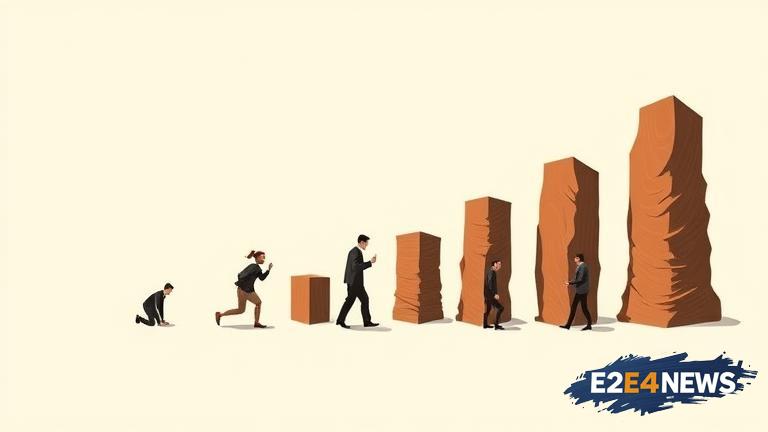The open letter, signed by a group of wealthy individuals, is a call to action for billionaires to acknowledge the flaws in the current capitalist system and to work towards creating a more equitable society. The letter highlights the growing wealth gap between the rich and the poor, and argues that this is not only morally wrong, but also detrimental to the overall health of the economy. The signatories of the letter believe that the concentration of wealth among a small elite is a threat to democracy and social stability. They argue that the current system is rigged in favor of the wealthy, and that it is time for a change. The letter also points out that the wealthy have a unique opportunity to use their resources to drive positive change and to create a more just and equitable society. The signatories are not advocating for the abolition of capitalism, but rather for a more nuanced and equitable form of capitalism that benefits all members of society. They believe that this can be achieved through a combination of policy changes, such as progressive taxation, and individual actions, such as philanthropy and social responsibility. The letter has sparked a heated debate about the role of wealth and privilege in society, and has raised important questions about the future of capitalism. Some have praised the letter as a brave and necessary call to action, while others have criticized it as naive and unrealistic. Despite the criticism, the letter has already had an impact, with some billionaires responding positively to the call to action. The letter is a reminder that even the wealthiest individuals have a responsibility to use their resources for the greater good, and that the current state of capitalism is not inevitable. The signatories of the letter are not alone in their critique of capitalism, and there is a growing movement of people who are advocating for a more equitable and sustainable economic system. This movement is driven by a recognition that the current system is not working for everyone, and that it is time for a change. The open letter is just one example of the many efforts being made to challenge the status quo and to create a more just and equitable society. As the debate about the future of capitalism continues, it is clear that the open letter has struck a chord and has sparked an important conversation about the role of wealth and privilege in society. The letter has also highlighted the importance of individual actions and personal responsibility in driving positive change. Ultimately, the open letter is a call to action for billionaires and for everyone else to work towards creating a more equitable and sustainable economic system. The signatories of the letter believe that this is not only a moral imperative, but also an economic necessity. They argue that a more equitable society is not only better for the poor and the vulnerable, but also for the wealthy and for the economy as a whole. The letter is a reminder that the current state of capitalism is not inevitable, and that it is time for a change. The future of capitalism is uncertain, but one thing is clear: the open letter has sparked an important conversation about the role of wealth and privilege in society, and has highlighted the need for a more equitable and sustainable economic system.
